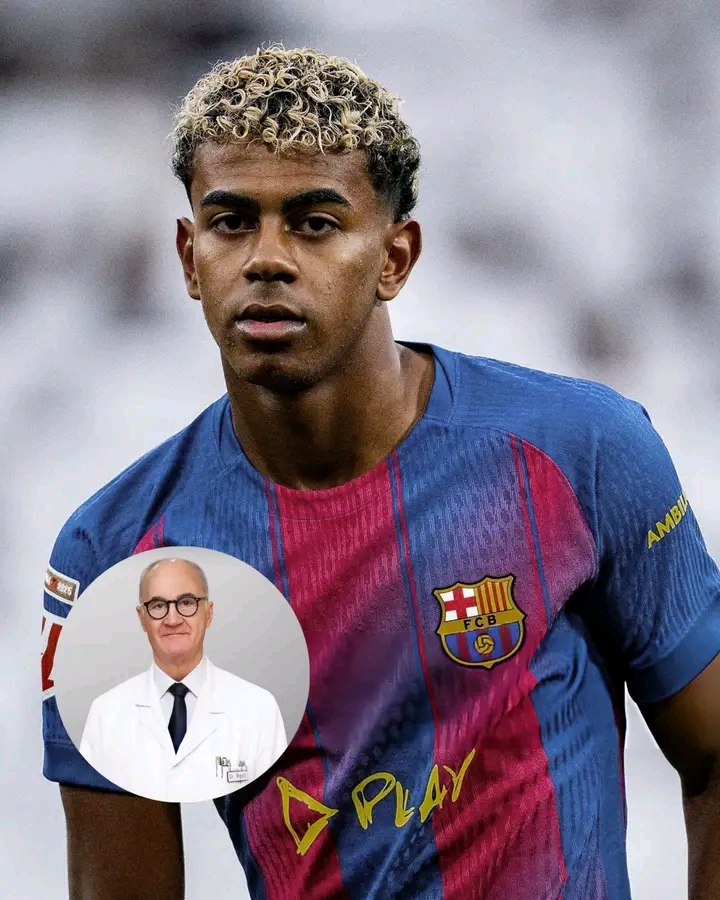Spanish football has been buzzing with concern following a revelation by traumatology specialist Pedro Luis Ripoll about the current health condition of Barcelona’s teenage sensation, Lamine Yamal. The 18-year-old winger, who has become a pivotal figure in Xavi Hernández’s Barcelona squad and a symbol of Spain’s football future, is reportedly dealing with pubalgia,an injury that may have far-reaching implications for his career if not carefully managed.
Ripoll’s assessment paints a worrying picture of the challenges Yamal faces, describing the injury as one of the most complex and persistent conditions in modern sports medicine. His comments have opened up conversations about how elite athletes, particularly young players with immense expectations, manage chronic pain while competing at the highest level.
Pubalgia, also known as athletic pubalgia or sportsman’s hernia, affects the groin and lower abdominal region. It is not a traditional hernia but rather a soft-tissue injury that results from the overuse or strain of the muscles and tendons around the pelvis. Unlike a hamstring tear or ankle sprain, the condition is notoriously hard to diagnose and even harder to treat. Ripoll, one of Spain’s most respected figures in sports traumatology, explained that what makes pubalgia so difficult is its subtle yet crippling nature, it doesn’t fully disable a player, but it continuously restricts their movement, explosiveness, and agility.
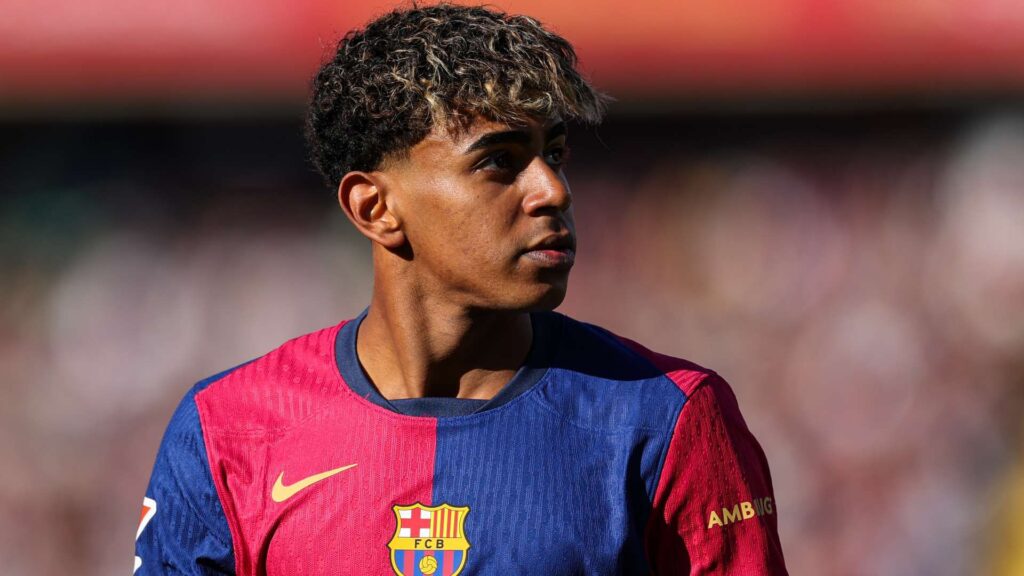
He stated that “the problem is the constant pain, which reduces almost 50% of a player’s ability to move and shoot,” describing it as a nightmare injury for a player whose game relies on speed, balance, and sharp changes in direction, just like Yamal’s.
Ripoll pointed out that Yamal’s struggles during the recent El Clásico against Real Madrid were a visible indication that he is not moving freely. “It’s clear that he is stretching constantly, hesitating to sprint or strike with power. That’s a sign of pubalgia,” he noted. The Spanish expert’s comments align with what many fans and analysts observed during the match: Yamal appeared slightly restricted, not as explosive as usual, and often wincing during transitions.
For a player whose early rise has been marked by flair and fearlessness, such limitations are significant. Ripoll’s warning was even more alarming when he stated, “No player who has ever suffered from pubalgia has returned to being the same as before. You can play, but you’re not your 100%.”
That statement underscores the long-term risks associated with the condition. Many top footballers have dealt with similar injuries in the past, and history suggests that recovery from pubalgia rarely guarantees a complete return to former physical levels. Players like Marco Reus, Ángel Di María, and Cesc Fàbregas have all struggled with recurring groin pain during their careers, sometimes missing crucial months and seeing their explosiveness permanently reduced.
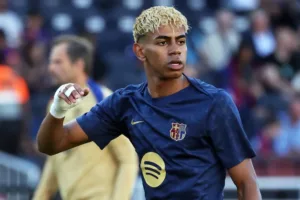
What makes the situation concerning for Lamine Yamal is his age; he’s still developing physically and psychologically. Sustaining a chronic injury this early in his career could have lasting implications if not handled with the utmost care.
Barcelona’s medical team now faces a delicate balancing act. On one hand, the club depends heavily on Yamal, who has quickly become one of the most reliable performers in attack despite his youth. On the other hand, forcing him to continue playing through pain risks aggravating the injury to the point of becoming chronic. Pubalgia requires extended rest, specialized physiotherapy, and, in severe cases, surgery—treatments that demand time and patience, something Barcelona can scarcely afford amid their current squad challenges.
Ripoll’s comments may serve as a wake-up call not only to Barcelona but also to football management in general. The modern game has evolved to become faster and more physically demanding, yet the age at which players are thrown into high-intensity competition keeps getting younger.
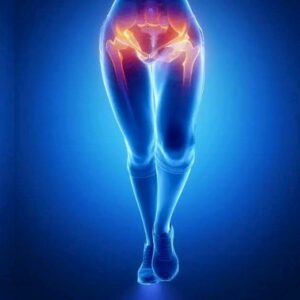
Yamal’s case mirrors a larger systemic issue: talented teenagers being relied upon as first-team regulars before their bodies have fully matured. The relentless schedule, La Liga, Champions League, Copa del Rey, and international duty, gives young athletes little room for recovery. For an 18-year-old still adapting to the physical rigors of professional football, sustaining a repetitive strain injury like pubalgia is almost inevitable without proper rotation and monitoring.
The psychological toll of such injuries is also significant. Chronic pain can create a sense of frustration, helplessness, and fear of re-injury, which often impacts confidence and decision-making on the pitch. For a creative player like Yamal, whose game depends on instinct and self-expression, that mental barrier can be as limiting as the physical pain itself. Ripoll’s words, though stark, highlight a crucial truth: in elite sports, talent alone is never enough, durability is just as vital.
Fans and experts alike are now watching closely to see how Barcelona handles the situation. There is a growing sentiment that the club should consider easing Yamal’s workload, even if it means sacrificing short-term performance. Giving him proper medical rest could help ensure his longevity and preserve his immense potential. Reports from El Larguero, where Ripoll made his remarks, suggest that the condition might have been developing for some time, possibly due to overuse or inadequate recovery between matches. If true, it indicates that Yamal may have been pushing through pain for several weeks, a worrying sign given his importance to both Barcelona and Spain’s national team setup.
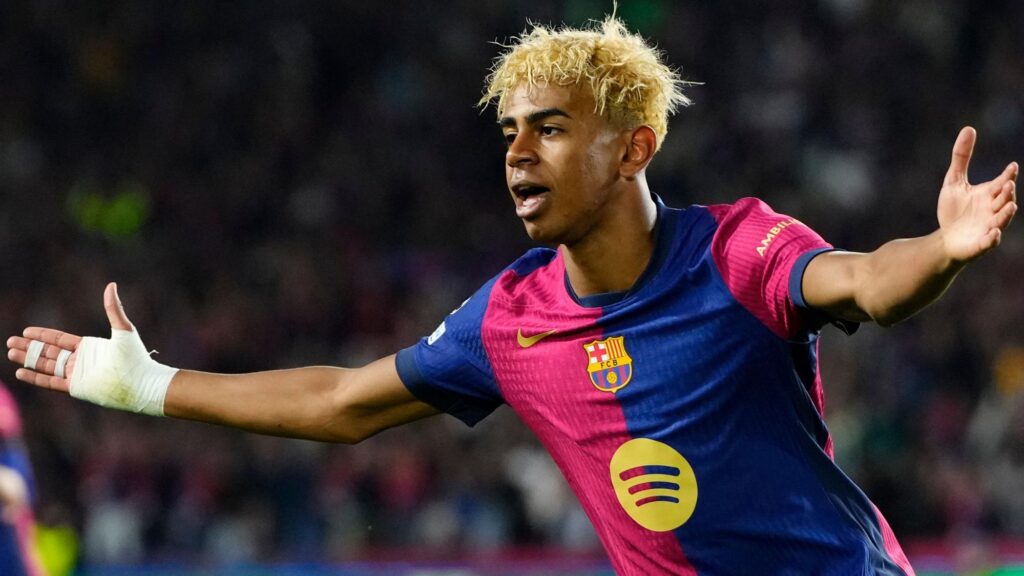
The timing of the revelation could also affect how Spain’s football federation approaches Yamal’s international duties. With Euro 2028 qualifications and the 2026 World Cup buildup on the horizon, ensuring that Yamal’s development is not compromised by chronic injuries will be key. The Spanish national team has invested heavily in nurturing this generation of young talents, and any long-term setback for Yamal would be a blow to their future attacking plans.
Pedro Luis Ripoll’s diagnosis is a reminder that football, for all its glamour, often masks the physical suffering of its stars. Behind every dazzling dribble and highlight reel, there are players managing pain, sometimes silently. In Yamal’s case, his willingness to keep performing despite discomfort shows immense mental strength, but it also raises the question of whether clubs are doing enough to protect their players from the pressures of constant competition.
As things stand, there’s no official statement from Barcelona confirming the extent of Yamal’s injury or whether he’ll be rested in upcoming fixtures. However, the conversation triggered by Ripoll’s remarks has reignited debates about youth workload, injury prevention, and the fine line between ambition and overexertion. For now, all eyes remain on how the club’s medical team responds, and whether one of football’s brightest young stars will be given the time to fully heal or pushed to play through pain that could haunt him for years.
Real Madrid Edge Barcelona 2-1 in Thrilling El Clásico to Extend La Liga Lead

